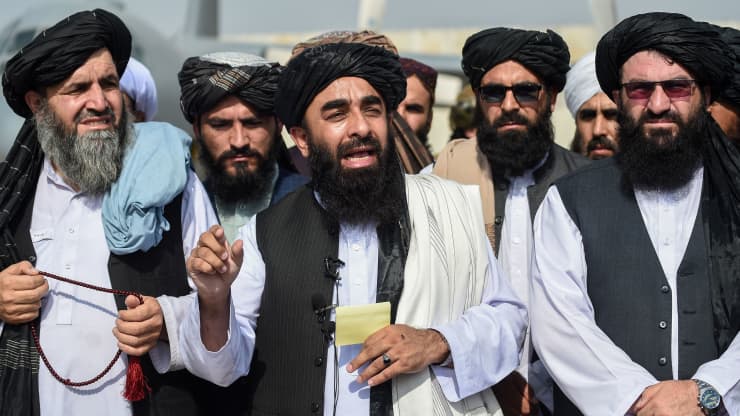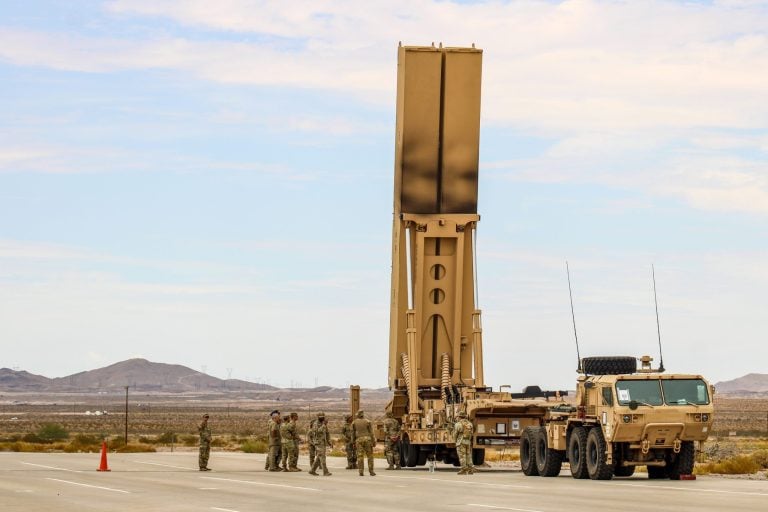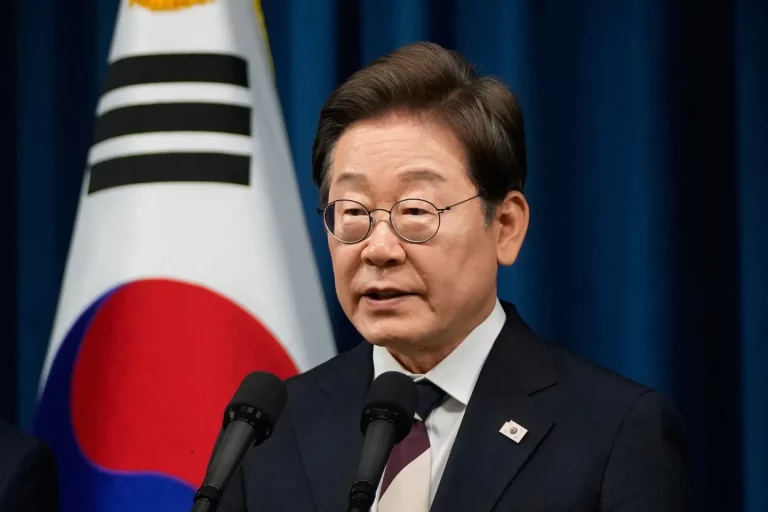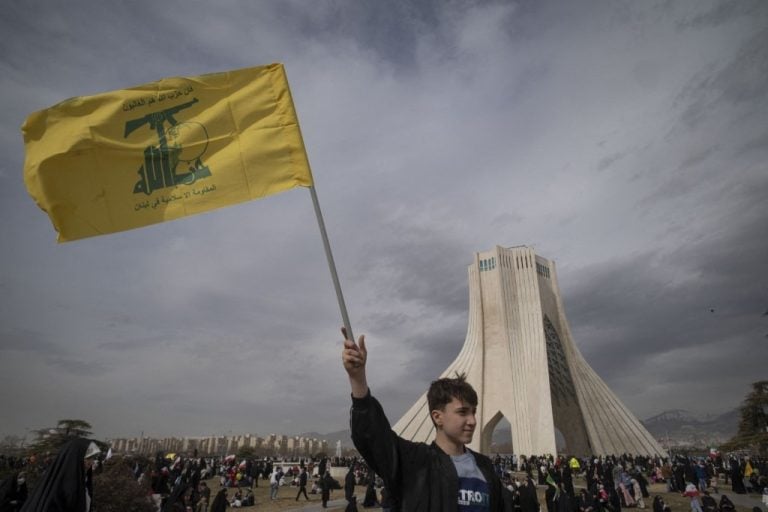Pakistan is set to engage in talks in Qatar with representatives from the Afghan Taliban following a series of airstrikes that have reignited tensions between the two nations. The airstrikes occurred a day before the scheduled discussions, resulting in the deaths of at least 10 individuals and breaking a fragile ceasefire that had provided a brief period of calm along the border.
As reported by state television, Pakistan’s Defense Minister Khawaja Asif and intelligence chief General Asim Malik will lead the delegation to Doha for negotiations. Confirming this, an official from the Afghan Taliban stated that a high-level delegation, headed by Defense Minister Mohammed Yaqub, had departed for Qatar.
The backdrop to these talks is a recent intensive period of conflict, during which a 48-hour truce had momentarily halted nearly a week of violent clashes that resulted in numerous casualties on both sides. However, Afghanistan accused Pakistan of violating the ceasefire with airstrikes that targeted Paktika province, leading to civilian deaths and injuries. Among the deceased were two children, according to provincial medical sources.
Compounding the outrage, the Afghanistan Cricket Board revealed that three players from a domestic tournament were among the casualties from the airstrikes, prompting the organization to withdraw from an upcoming Tri-Nation T20I Series scheduled with Pakistan.
In response, a senior Pakistani security official stated that the airstrikes were precision-targeted against the Hafiz Gul Bahadur Group, a faction believed to have links to the Tehreek-e-Taliban Pakistan (TTP), an organization accused of previous attacks on Pakistani military personnel. Islamabad has been increasingly vocal about its concerns that Afghanistan is harboring TTP militants, a claim that the Afghan government has consistently denied.
The recent flare-up in violence followed a series of explosions in Kabul that coincided with a visit by the Taliban’s foreign minister to India, historically seen as a rival to Pakistan. The Taliban’s military actions along the border were met with Pakistan’s commitment to a strong response.
The initial ceasefire was announced at 1300 GMT, but questions arose regarding its longevity. Pakistan claimed the truce could last for 48 hours, while Afghanistan maintained that it would last until Pakistan breached it.
Khawaja Asif has accused Kabul of acting as a proxy for India and has indicated a shift in Pakistan’s approach, stating that future diplomatic communications would no longer be treated as peace appeals. He affirmed that any source of terrorism would face severe consequences.
On the Afghan side, the Taliban government has instructed its forces not to initiate attacks but to respond defensively if Pakistani forces engage first. This directive reflects the precarious nature of the current situation, which remains fraught with potential for further escalation.
Both nations will now face significant pressure to navigate the complexities of their relationship as these talks unfold in Qatar.







